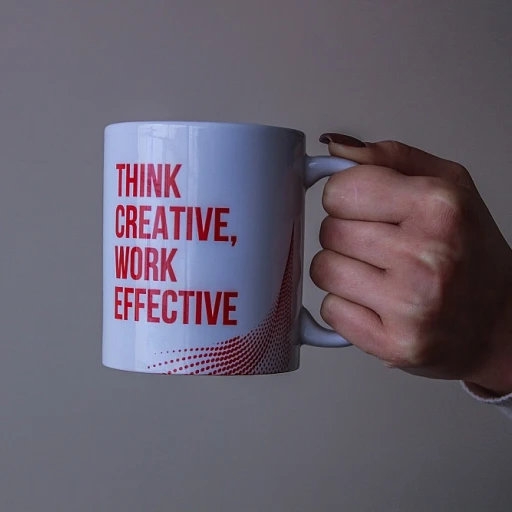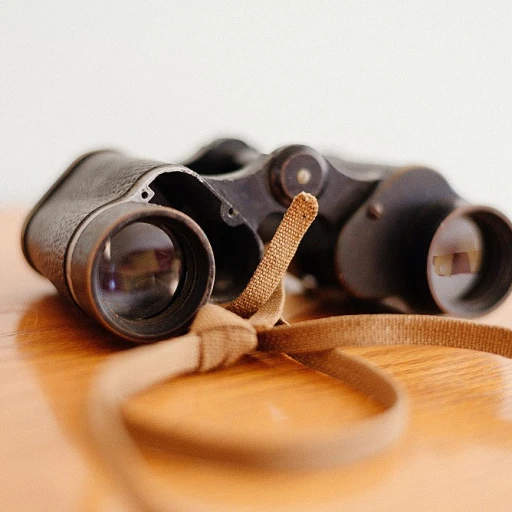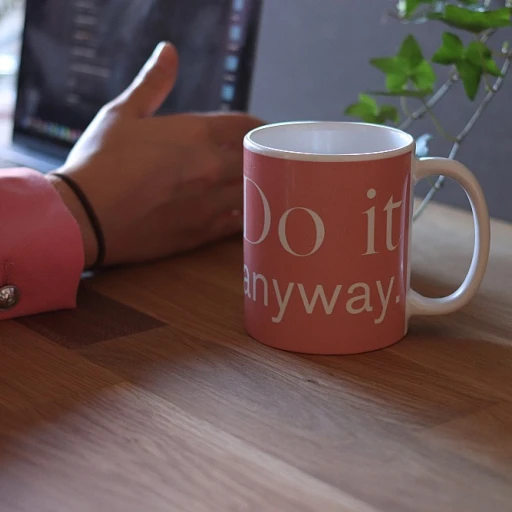
Understanding the Role's Strategic Impact
Assessing the Strategic Role’s Core Responsibilities
In the realm of executive hiring, understanding the strategic impact of a role is crucial. The job interview process for an executive position is not just about filling a vacancy, but about finding someone who can drive your company forward. Interview questions play an integral part in this process by helping to discern whether a candidate is equipped to make a significant strategic contribution. One effective approach is to base interview questions on the core responsibilities of the role. For instance, you could ask candidates to describe a time when they successfully implemented a strategic initiative in a previous work environment. This situational interview question helps gauge their problem-solving skills and the experience they bring to the table. Strategic interviews often involve examining a candidate’s previous achievements and understanding how these align with the long-term goals of the company. Consider questions that explore how they have previously handled challenges similar to those they might face in your organization. Not only do these questions help in assessing the individual’s capacity for strategic impact, but they also provide insight into their leadership and decision-making skills. In addition, it’s essential to ask questions that help understand a candidate’s ability to adapt to change and innovate, both key components in driving strategic success. Describe how a candidate’s answers reflect the role's strategic impact by inquiring about their approach to customer service improvements or other company critical initiatives. This comprehensive approach to evaluating executive candidates will help ensure you find the best fit for your organization, enhancing your strategic management capabilities. For more on optimizing your talent management processes, you can explore this strategic talent coordinator approach.Evaluating Leadership and Decision-Making Skills
Examining Leadership via Behavioral Cues
In the process of designing strategic interview questions for executive candidates, evaluating leadership and decision-making skills becomes paramount. The job at this level demands profound situational awareness and an ability to guide a team through complexities and uncertainties. Introducing questions based on past experiences can reveal the intrinsic qualities of a leader. For instance, asking candidates to describe a time they navigated through a significant change or uncertainty can be enlightening.
Behavioral Interview Strategies:
- Describe a time when you faced a major decision with limited information. How did you resolve it?
- Share an instance where your leadership influenced the work environment or company culture. What approach did you use?
These questions help in grasping the candidate's problem-solving mindset and indicate how they handle pressure. It’s crucial that these interview question formats are open-ended, encouraging candidates to elaborate on their experiences, thus offering a window into their thought processes and decision-making prowess.
Additionally, recognizing how candidates manage their teams can reflect their aptitude in bringing out the best in others, a critical factor for long-term company success. Here, observational elements during interview sessions also play a role. Is the candidate articulate, do they genuinely listen, and how well do they respond to unexpected inquiries? All these factors contribute to ensuring candidates can lead with confidence and finesse.
Assessing Cultural Fit and Values Alignment
Fostering Cultural Harmony
In the executive hiring process, it's crucial to assess how well a candidate aligns with the company culture and values. This is not simply about fitting in, but ensuring the potential leader will thrive and influence the work environment positively. Start by asking interview questions that encourage candidates to describe a time when they navigated a challenging cultural transition or adjusted to new company values. Their response can provide insights into their adaptability and cultural sensitivity.Consider employing behavioral interview techniques to dive deep into their previous experiences. Questions based on past work experiences can help predict future behavior, revealing how candidates manage team dynamics and demonstrate emotional intelligence. Listen for answers that reflect an understanding of diverse perspectives and a commitment to inclusivity.
Another key aspect is how candidates handle situations that might challenge the cultural norms of your organization. Encourage them to share experiential stories where their cultural alignment played a pivotal role in job performance or customer service excellence. This will help assess whether an executive can uphold and enhance the company’s core values in real-time situations.
To ensure a comprehensive understanding of the candidate's cultural fit, structure a strategic interview around scenarios they might encounter in their new role. These situational interview questions will illuminate their problem-solving skills in the context of your organizational culture. For instance, ask how they would integrate a new entry-level team member into a cohesive, high-performing group.
Ultimately, these strategically crafted questions can aid in identifying the cultural symbiosis between your organization and the potential executive leader. For insights on ensuring high-performing teams within your company, consider exploring guidelines on unveiling the traits of high-performing teams. Assessing cultural integration effectively during the interview process can significantly impact your long-term hiring success.
Probing for Innovation and Adaptability
Exploring New Horizons with Innovative Aptitude
In the ever-evolving landscape of corporate strategy, probing the innovation and adaptability of executive candidates during an interview is crucial. It’s important to delve deeper into how a potential leader can contribute to the dynamic and long-term success of your company. One effective technique is using a strategic interview approach with situational and behavioral questions. These types of questions help to uncover how candidates deal with change and their problem-solving capabilities. Consider asking questions such as:- Describe a time when you successfully managed a significant change in your work environment. What strategies did you implement to ensure a seamless transition?
- Give an example of an innovative solution you developed in a past job that had a substantial impact on your team or company.
- How do you inspire and lead your team to think outside the box while maintaining alignment with the company’s strategic goals?
- What methods do you use to ensure that innovative ideas are effectively integrated into the workflow without causing disruptions?
Exploring Past Achievements and Challenges
Reflecting on Prior Successes and Obstacles
In the interview process, diving into a candidate's history of achievements and challenges provides invaluable insights. These question help to determine how the individual navigates complex situations—an essential skill for any entry-level or seasoned executive position. Behavioral interview questions can illuminate the job interview question of how candidates have mobilized their skills to impact their previous teams or companies positively. Consider asking candidates to describe a time they faced a significant obstacle in their work. How did they handle the situation, and what was the outcome? Such interview questions assist in evaluating not only problem-solving abilities but also soft skills that are crucial to effective leadership. This approach not only highlights the candidates' strategic thinking but also tests their capability to influence a team under pressure. Furthermore, it’s beneficial to prompt applicants to share their best customer service experience. Even if the role isn't customer-facing, the question measures their understanding of the company’s values and their adaptability within different work environments. This way, the interview can decode how a candidate’s past achievements align with the strategic goals and the hiring process of your company. Using situational interview techniques, for instance, can be a powerful tool to simulate real-life challenges and assess how they would strategically fill their potential leadership gaps. This method enables the strategic interview to reveal how their experience will help them contribute to the future of the company. These crafted questions assist hiring managers to discern if a candidate's long-term vision complements the organizational goals, creating a more seamless integration and greater potential for future success.Understanding Long-Term Vision and Goals
Identifying Future Objectives and Aspirations
During the interview process, understanding a candidate's long-term vision is critical, particularly for roles that influence the company's high-level strategy. These insights go beyond assessing immediate fit and delve into how the individual's strategic outlook aligns with the company's long-term objectives.- Describe how you envision the future of our industry and your role in shaping that vision. This question helps in evaluating whether the candidate's perspective aligns with the company’s aspirations and their readiness to drive change.
- Reflect on a time when you influenced a long-term strategic direction. By sharing past experiences, candidates can demonstrate their capacity for vision-driven leadership and strategic influence.
- How do you set long-term goals for your team and ensure they are met? Understanding a candidate's approach to goal-setting and achievement sheds light on their leadership style and their method for aligning team efforts with broader business objectives.














